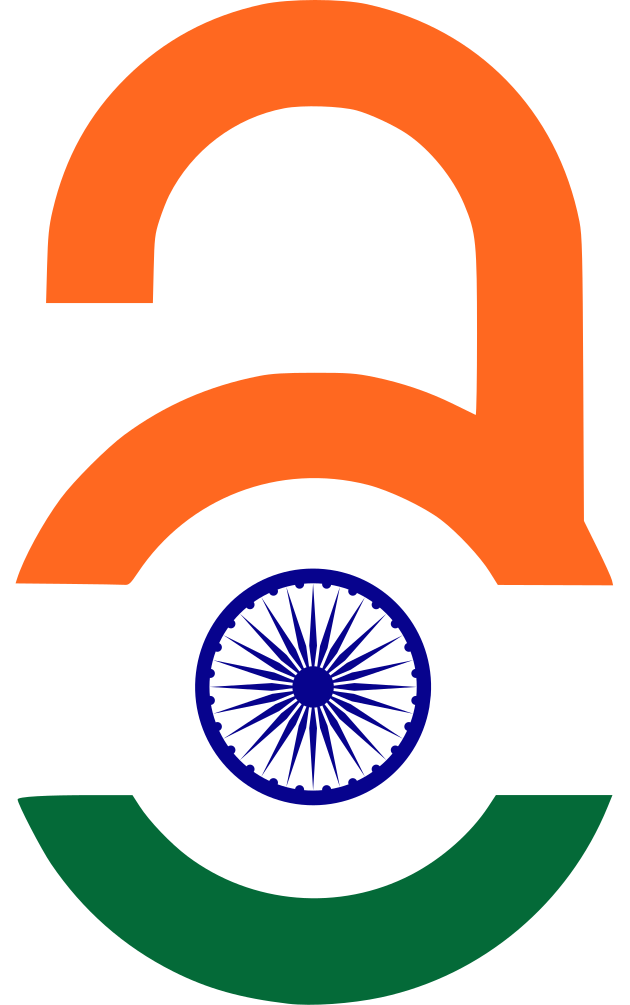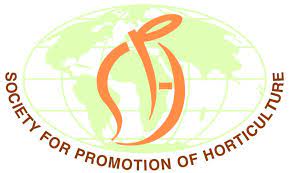DOI of the published preprint https://doi.org/10.5281/zenodo.15447450
Addressing Copyright Limitations: Enabling Open Access to Publicly Funded Research in India
DOI:
https://doi.org/10.35543/10bwsw80Keywords:
Open Access, Copyrights, Open Science, TDM, Diamond Open AccessAbstract
The accessibility and availability of publicly funded research outputs are critical for the scientific development, innovation, and social development of any country. But national copyright law and commercial publishing culture around the world are hindering the dissemination and reuse of such research. Even though there are some exceptions of fair dealing for research and education under the Indian Copyright Act, 1957, these do not provide for explicit measures encouraging up-to-date Open Science practices like Text and Data Mining (TDM) and institutional repository archiving. Additionally, excessive Article Processing Charges (APCs) imposed by commercial open-access publishers act as a barrier to finances faced by researchers, particularly those funded by the public sector, in order to publish and disseminate their research outcomes instantly. This paper examines India's copyright legislation shortcomings in assuring fair access to publicly financed research, particularly in the light of emerging new digital research strategies and artificial intelligence (AI). It assesses the impact of international policy tools, namely UNESCO Open Science Recommendation (2021), on Open Access policies of India. Besides, it draws comparative lessons from Latin American and European nations that have effectively embraced the Diamond Open Access model, a just model whereby authors and readers are not charged money. The paper also addresses the role of the World Intellectual Property Organization's (WIPO) Standing Committee on Copyright and Related Rights (SCCR) in contributing to the establishment of principles for limitations and exceptions in copyright law that promote Open Access and Open Science. Specifically, it takes into account the principles and objectives that should guide SCCR's work on a global instrument on exceptions and limitations (SCCR/43/8), with particular emphasis on: (1) strengthening exceptions and limitations for text and data mining research due to the rapid developments in AI; (2) addressing cross-border copyright exceptions and limitations affecting preservation, education, and research; and (3) ensuring international copyright policies align with the UNESCO Open Science Recommendation in the interest of advancing equitable access to knowledge. This report requires a general international policy framework that ensures Open Access to publicly funded research by expanding copyright exceptions, aligned institutional policies, and sustained public funding for non-commercial Open Access publishing activities. A few of the key proposals are reinforcing research and education limitations and exceptions in India, aligning the national policy with global Open Science initiatives, and urging WIPO to develop worldwide standards promoting Open Access to publicly financed research. By promoting the incorporation of Open Science ideals into the current SCCR deliberations regarding limitations and exceptions for research, education, libraries, and archives, India and other members of the Global South can reap substantial advantages by harmonizing their policies with new global norms—guaranteeing publicly funded knowledge to everyone and ensuring that international copyright systems facilitate fair access to scientific information in the public interest.
Downloads
References
Arthur, P. L., & Hearn, L. (2021). Toward open research: A narrative review of the challenges and opportunities for open humanities. Journal of Communication, 71(5), 827–853. https://doi.org/10.1093/joc/jqab028
Björk, B.-C., & Solomon, D. (2014). Developing an Effective Market for Open Access Article Processing Charges. Wellcome Trust. http://www.wellcome.ac.uk/stellent/groups/corporatesite/@policy_communications/documents/web_document/wtp055910.pdf
Bosman, J., Frantsvåg, J. E., Kramer, B., Langlais, P. C., & Proudman, V. (2021). OA Diamond Journals Study. Science Europe & cOAlition S. https://doi.org/10.5281/zenodo.4558704
Burchardt, J. (2014). Researchers outside APC-financed open access: Implications for scholars without a paying institution. SAGE Open, 4(4). https://doi.org/10.1177/2158244014551714
Chan, L., Kirsop, B., & Arunachalam, S. (2011). Towards open and equitable access to research and knowledge for development. PLOS Medicine, 8(3), e1001016. https://doi.org/10.1371/journal.pmed.1001016
Copyright Act of India. (1957, as amended). The Copyright Act, 1957. Government of India. https://copyright.gov.in/documents/copyrightRules1957.pdf
Fiil-Flynn, S. M., Butler, B., Carroll, M., Cohen-Sasson, O., Craig, C., Guibault, L., Jaszi, P., Jütte, B. J., Katz, A., Quintais, J. P., Margoni, T., de Souza, A. R., Sag, M., Samberg, R., Schirru, L., Senftleben, M., Tur-Sinai, O., & Contreras, J. L. (2022). Legal reform to enhance global text and data mining research. Science, 378(6623), 951–953. https://doi.org/10.1126/science.add6124
Jain, V. K., Iyengar, K. P., & Vaishya, R. (2021). Article processing charge may be a barrier to publishing. Journal of Clinical Orthopaedics and Trauma, 14, 14–16. https://doi.org/10.1016/j.jcot.2020.10.039
Kaur, K., Grama, B., Roy Chaudhuri, N., & Recalde-Vela, M. J. (2023). Ethics and epistemic injustice in the Global South: A response to Hopman’s human rights exceptionalism as justification for covert research. Journal of Human Rights Practice, 15(2), 347–373. https://doi.org/10.1093/jhuman/huad008
Madhan, M., Kimidi, S. S., Gunasekaran, S., & Arunachalam, S. (2017). Should Indian researchers pay to get their work published? Current Science, 112(4), 703–713. http://www.jstor.org/stable/24912571
Pratt, B., & de Vries, J. (2023). Where is knowledge from the Global South? An account of epistemic justice for a global bioethics. Journal of Medical Ethics, 49(5), 325–334. https://doi.org/10.1136/jme-2022-108291
SCCR. (n.d.). Standing Committee on Copyright and Related Rights: Forty-third session. World Intellectual Property Organization. https://www.wipo.int/meetings/en/details.jsp?meeting_id=75412
Smith, A. C., Merz, L., Borden, J. B., Gulick, C. K., Kshirsagar, A. R., & Bruna, E. M. (2022). Assessing the effect of article processing charges on the geographic diversity of authors using Elsevier’s “mirror journal” system. Quantitative Science Studies, 2(4), 1123–1143. https://doi.org/10.1162/qss_a_00157
Suber, P. (2012). Open access. MIT Press. https://mitpress.mit.edu/9780262517638/open-access/
UNESCO. (2021). UNESCO recommendation on open science. https://unesdoc.unesco.org/ark:/48223/pf0000379949
Downloads
Posted
License
Copyright (c) 2025 Sridhar Gutam (Author)

This work is licensed under a Creative Commons Attribution 4.0 International License.
The authors own the copyright to their works deposited in IndiaRxiv and are licensed under CC Attribution-NonCommercial-ShareAlike 4.0 International.





